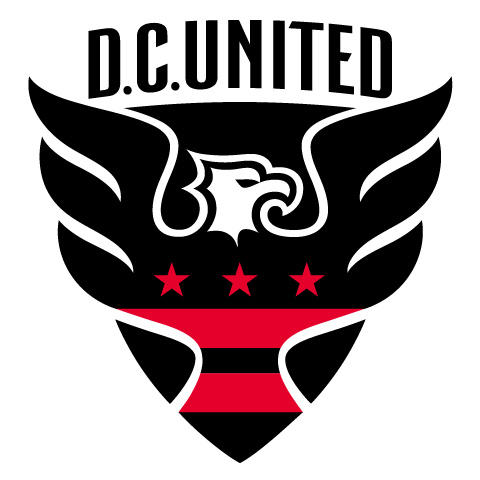WASHINGTON -- The 2009 season is more than halfway complete, the squad sits near the top of the Eastern Conference standings and a diverse bounty of talent offers ample reason for optimism. Yet D.C. United still remain a bit of an enigma, even to themselves.United were outworked and outmuscled by the Colorado Rapids for most of the first 45 minutes of Saturday night's match at RFK Stadium, and Bryan Namoff's unsightly own goal in the 14th minute seemed to indicate that lady luck favored the visitors as well.But one influential D.C. substitution and a renewed sense of urgency around the Rapids goal saw the story change dramatically after halftime. Led by Jaime Moreno, United charged back into the ascendancy with a penalty-kick equalizer less than two minutes into the second period and from there, everything fell into place for a 3-1 victory that snapped the capital club's three-game winless skid in league play."We had a rough stretch in the first half. We made it pretty hard on ourselves," admitted D.C. head coach Tom Soehn afterwards.It marked yet another occasion on which United failed to produce consistent quality over 90 minutes, but the third-year boss professed to be unconcerned by his team's schizophrenic tendencies."It doesn't worry me. There's times when you're off for a stretch of time and it takes you a little bit to get going," said Soehn. "The important things are that you finish off your games and you get your points when you need them. It's still a step in the right direction in that the second half was the better half."Both teams started the match brightly but Namoff's early miscue gave the Rapids priceless momentum and D.C.'s long-serving right back readily accepted blame for a "miscommunication" with his goalkeeper."I let the ball roll past me and felt that Josh Wicks was closer than he was. I thought he was coming out for the ball and then I heard him say 'away,' so after that I was just trying to get a little piece of the ball to clear it," said Namoff. "Unfortunately I hit it with the outside of my foot and it happens to go upper corner. Just one of those hiccups that I never want to replay again."Forty-two minutes after handing Colorado the lead, Namoff would conjure up an athletic play to absolve himself of the goat's role, netting Christian Gomez's corner kick with an impressive diving header. But first Moreno had to erase the deficit with a penalty kick that was created by some characteristically sharp interplay between him and his leading partner in crime, playmaker Christian Gomez.The Bolivian striker has missed D.C.'s last five games with hamstring troubles yet his impact on the team was immediate and apparent, quickly restoring the Black-and-Red's attacking fluency."That's what I try to give to the team. I think it's very contagious," said Moreno. "So sometimes you do need that little push, but like I said, we're a team, we know each other pretty well. It's just one of those games where tonight it did happen to me. In another game it's going to happen to somebody else. But the most important thing is, everyone has to be ready for things like this and I am ready."Moreno's arrival certainly brought out the best in Gomez. The Argentinean later insisted that meeting his former club elicited no special motivation, but his intensity and endeavor suggested otherwise as he played a decisive role in all three of United's goals."[Gomez] had a big impact on the game, especially when Jaime came in. The chemistry those two have, as far as holding up the ball and opening up space, obviously you could see its effect right away," said Soehn. "I'm sure there was a little bit more at stake for him today, but he's professional -- he takes every game like it's the most important."So while the Black-and-Red aren't always sure who is going to deliver the necessary quality from game to game, as long as someone keeps stepping up, there will be few complaints."You know, this team, it's come from different people -- a lot of different people scoring and getting involved in goals," said Soehn. "That's what makes us dangerous."

